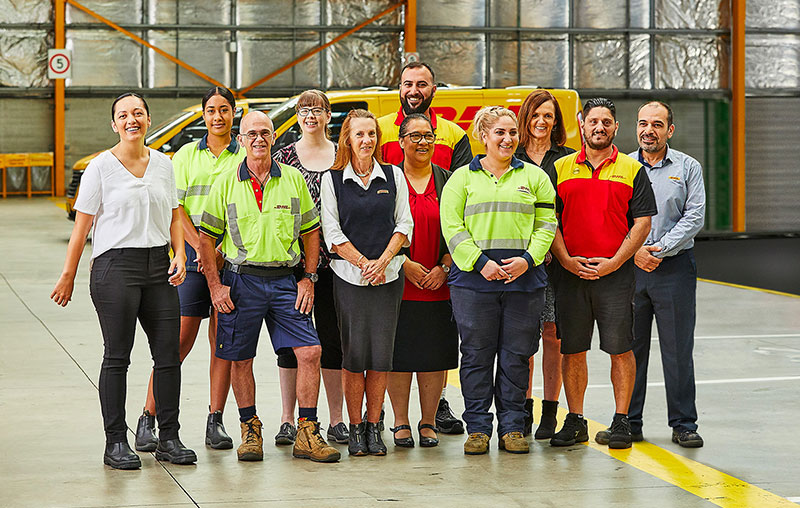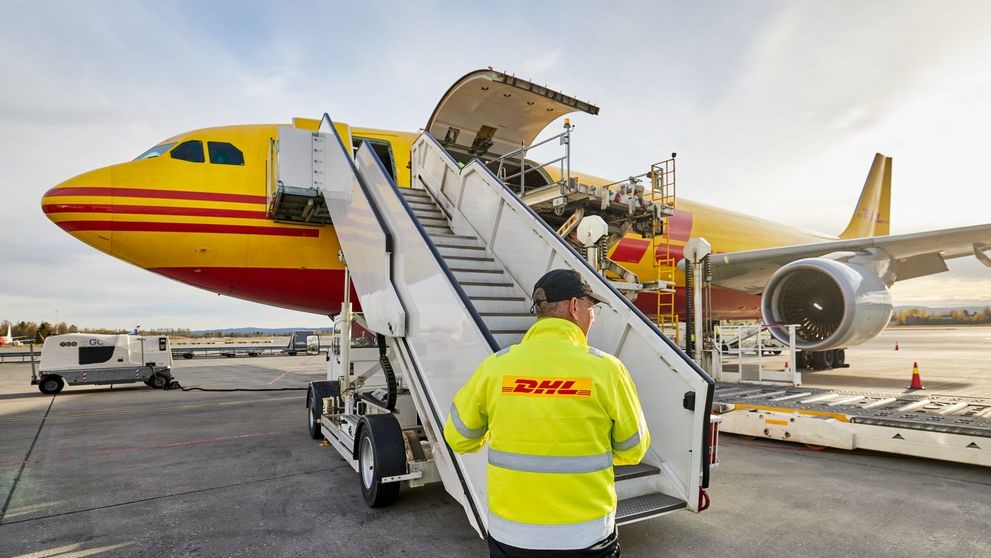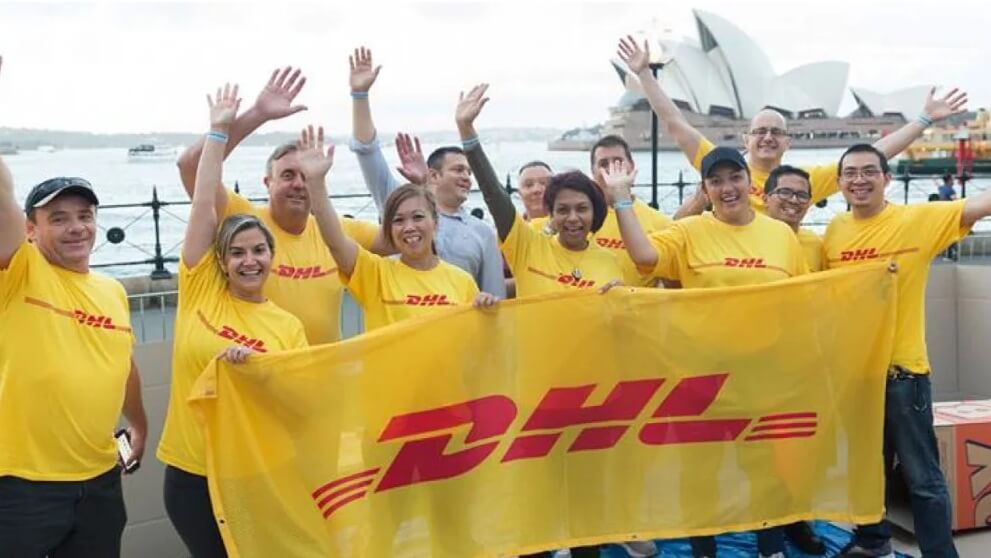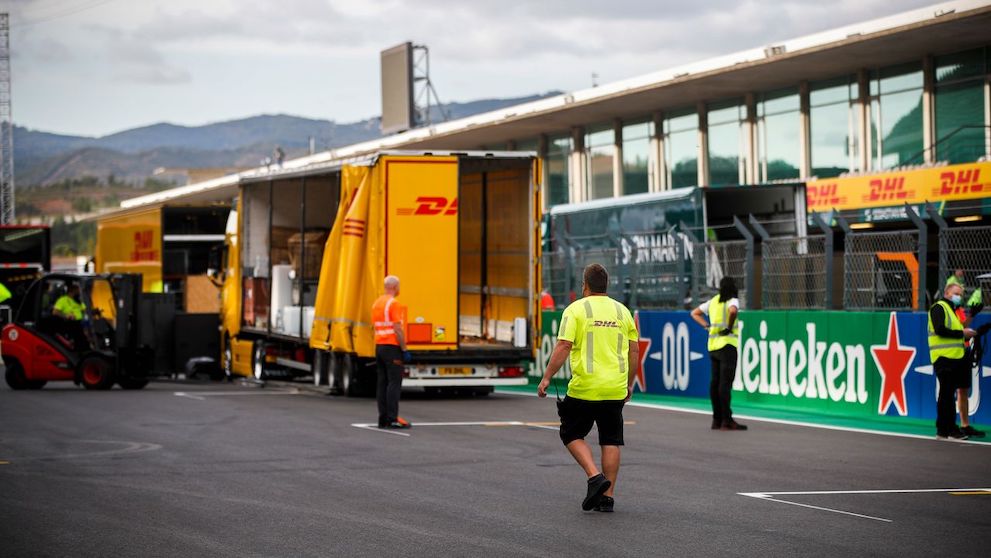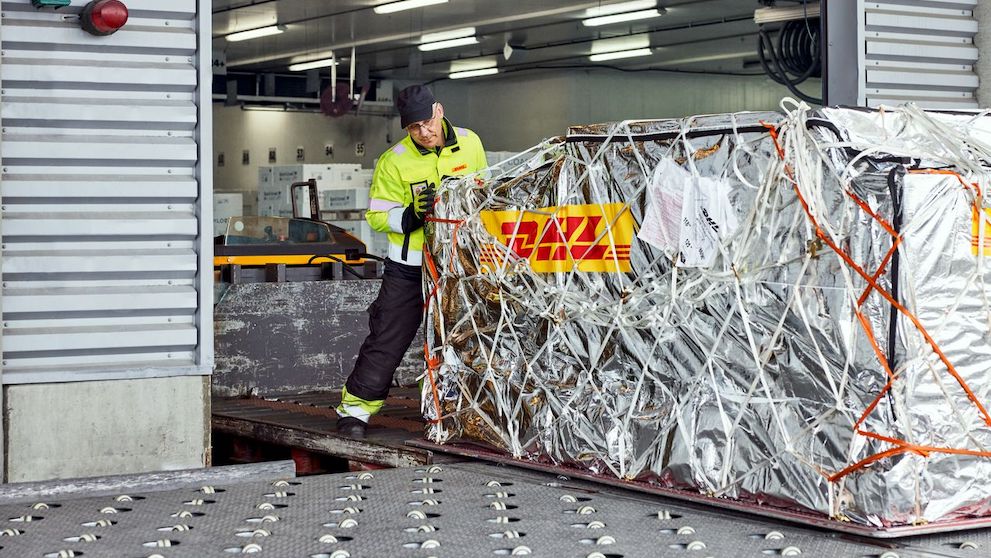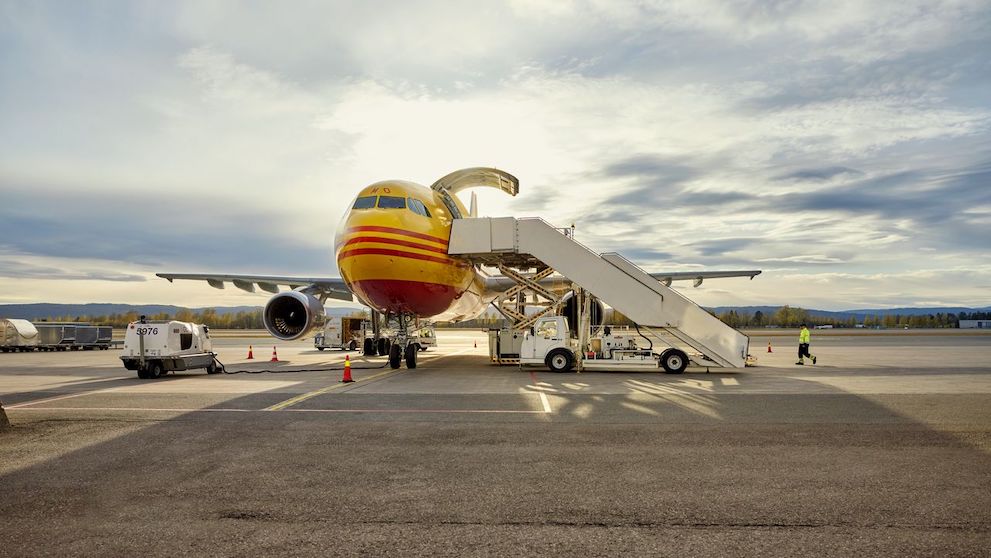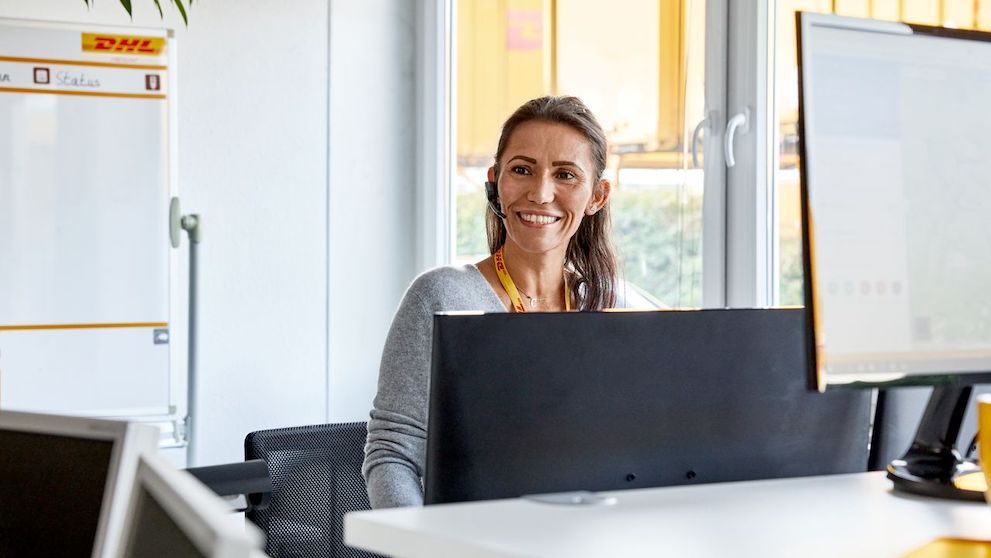DHL Express was recently recognised as the fifth Best Place to Work in Australia 2020 by workplace research consultancy, Great Place to Work. Here, Linda Clinch, Vice President of Human Resources at DHL Express Oceania shares how any organisation can lay the foundations for an award winning employee culture in three simple steps:
1. Establish a values-based culture from the start
Defining your organisation’s culture and purpose from the beginning will help to attract and retain talent who share similar values and are proud of the contribution they can make through their daily work.
At DHL Express, our employees are part of a strong team that respects each other, society and the environment. Many of our employees are personally committed to a wide range of initiatives both externally and within our organisation, such as Global Volunteer Day, Disaster Response Team, and DHL’s Got Heart.
Extend this established culture to the process of onboarding newly hired employees and make it a welcoming experience. This will not only assist new employees to settle into their new organisation, but will help to ground them in the organisation’s culture.
Each new employee receives a ‘DHL in a box’, containing a company video and information delivered to their home by a DHL courier prior to their first day at work. Once they start work, this is followed by a guided introduction to the organisation’s history, strategy and values via our Certified International Specialist (CIS) program, and follow-up activities such as online and in-person surveys in their early days as part of the team.
2. Make two-way communication easy and accessible
Making sure employees feel as though they can openly express their thoughts and provide feedback on all areas of the business will further strengthen your organisation’s culture. Deciding on the number of communication channels and their frequency will depend on your organisation’s size and the communication preferences of your workforce.
As a workforce with a significant number of employees in roles that don’t require daily use of a work computer, we’ve had to broaden the range of channels we use to encourage and make two-way communication as accessible as possible – from daily meetings and site committees, to anonymous feedback ‘boxes’, an annual Employee Opinion Survey and our employee mobile app Smartr. Through these and more, we aim to provide all employees across a diverse range of functions access to a way they can make suggestions and become involved in the decisions that impact their work environment.
An ‘Open Door’ policy is a must for any organisation that wishes to create a great culture. This is a reflection of our respect for the individual, and our belief that open communication is most conducive to a positive work environment. Employees should always feel free to seek information or advice on any aspect of their relationship with the organisation, whether verbal or in writing.
It is also crucial to have senior leaders actively involved. Through quarterly team briefs, drop-in visits to team meetings, and assignment of leaders to represent site locations, each employee – no matter how remote in a physical sense they are from head office – can feel connected to the organisation’s strategy, have the opportunity to ask questions, and an escalation point for issues impacting their work environment.
3. Recognise and develop individuals
An employee recognition program can help to further foster an organisation’s culture by recognising employee displays of an organisation’s core values and pillars of success.
Develop a robust recognition program based on the size of the organisation to make sure all employees have a program relevant to individual role success markers. For example at DHL Express, in addition to department recognition programs, we have an organisation-wide Employee of the Year program.
Employees are an organisation’s greatest asset and should be provided with a number of tools to support them in advancing within an organisation. At DHL, we firmly believe that when our people grow, we grow. To help develop employees, ensure they receive challenging assignments on the job, regular direct feedback and coaching, and the opportunity to undertake formal training.
We encourage our employees to continuously broaden their horizons through a range of learning and development opportunities, such as our Certified International Specialist and Certified International Manager programs, yearly Employee Development Reviews and Individual Development Plans. Beyond our company opportunities, our further education policy aims to offer support for employees to study external courses that will help them to upskill for their current role, as well as setting them on track to develop for their next possible role.
Make it work for your organisation
Remember, there is no exact blueprint your organisation must follow to create a great work environment. What matters most is to establish strategies that best suit your organisation’s size and structure, and which ultimately promote the desired values for the organisation.
